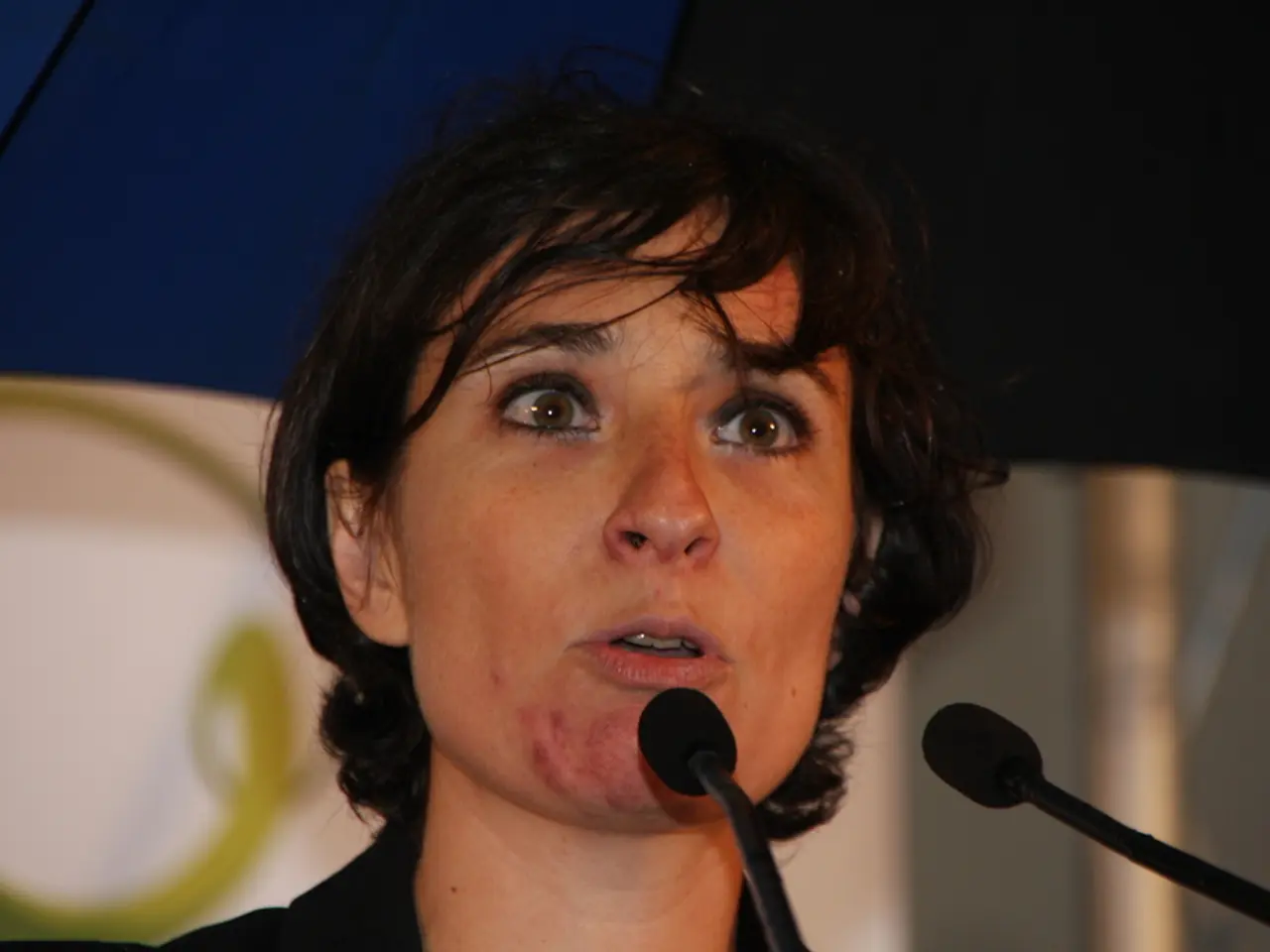Women in Film's Evaluation Through the Bechdel Test
In the world of cinema, the discussion around gender representation and the portrayal of women has gained significant attention, with the Bechdel Test serving as an entry point for this broader conversation. Originating from graphic novelist Alison Bechdel in 1985, this popular film evaluation tool requires a movie to meet three simple criteria:
- Feature at least two named female characters.
- These characters must talk to each other.
- The conversation must be about something other than a man.
Professor Andrea Press, a media studies and sociology expert at the University of Virginia, and co-author of the upcoming book "Cinema and Feminism: A Quick Immersion," has been studying these issues extensively.
Some films, such as "Stella Dallas," "Some Like It Hot," "Goodfellas," "Mean Girls," "Mad Max: Fury Road," and 2022's "Jurassic World: Dominion," pass the Bechdel Test, demonstrating a more balanced representation of female characters. However, others, like "Casablanca," fail the test. Despite being one of the most well-represented films in AFI's list of the 100 greatest movie quotes, with six quotes from the film making the list, all of its famous lines come from exchanges of dialogue that include at least one male character, and there are no conversations between only female characters in the movie.
This trend is not unique to "Casablanca." Many Hollywood studio era films, including "The Godfather," "Star Wars: A New Hope," "Lawrence of Arabia," and "The Lord of the Rings: The Fellowship of the Ring," also fail the Bechdel Test. On the other hand, films like "Jackie Brown," a 1997 crime thriller, fail the test despite having one of the strongest female protagonists in Hollywood movies.
Interestingly, "Thor: Ragnarok" has a female villain and a female superhero, but they never have a direct conversation. Neither do any other women in the film. Conversely, "CODA," which won three Academy Awards in 2021, passes the Bechdel Test.
While the Bechdel Test sets the lowest possible bar for assessing the quality of portrayals of female characters, it remains a valuable tool in raising awareness and encouraging filmmakers to strive for more diverse and nuanced representations of women in their stories. As Professor Press's course "Sex and Gender Go to the Movies" at UVA demonstrates, even a classic film like "Casablanca" can serve as a starting point for this important discussion.
Movies-and-TV like "CODA" and "Jackie Brown" fall into both the world of entertainment and the topic of gender representation, as they either pass or fail the Bechdel Test, signifying differences in their portrayal of female characters. The Bechdel Test, an essential tool for discussing the representation of women in movies, is also a critical aspect of the entertainment industry, receiving attention from experts such as Professor Press.








